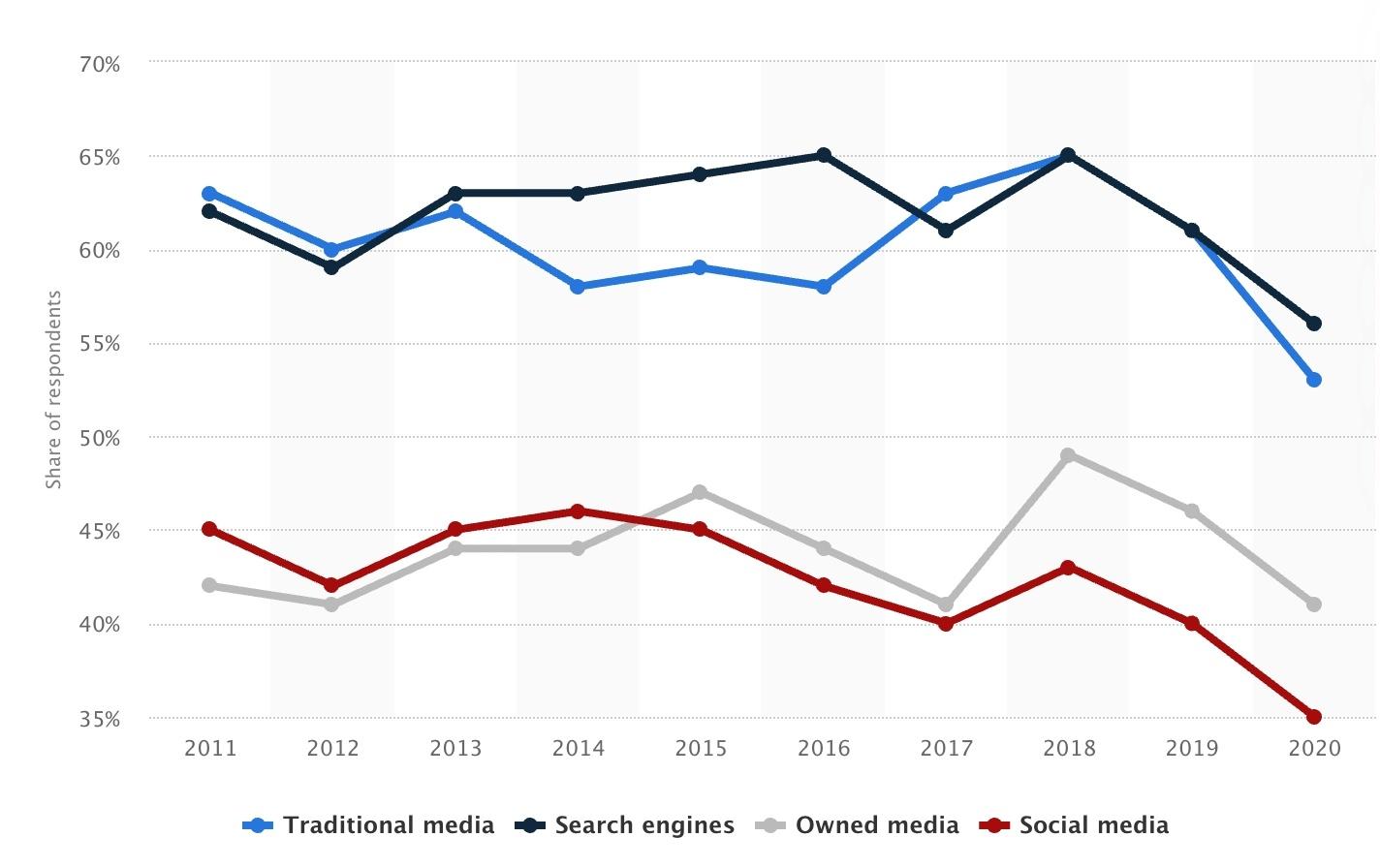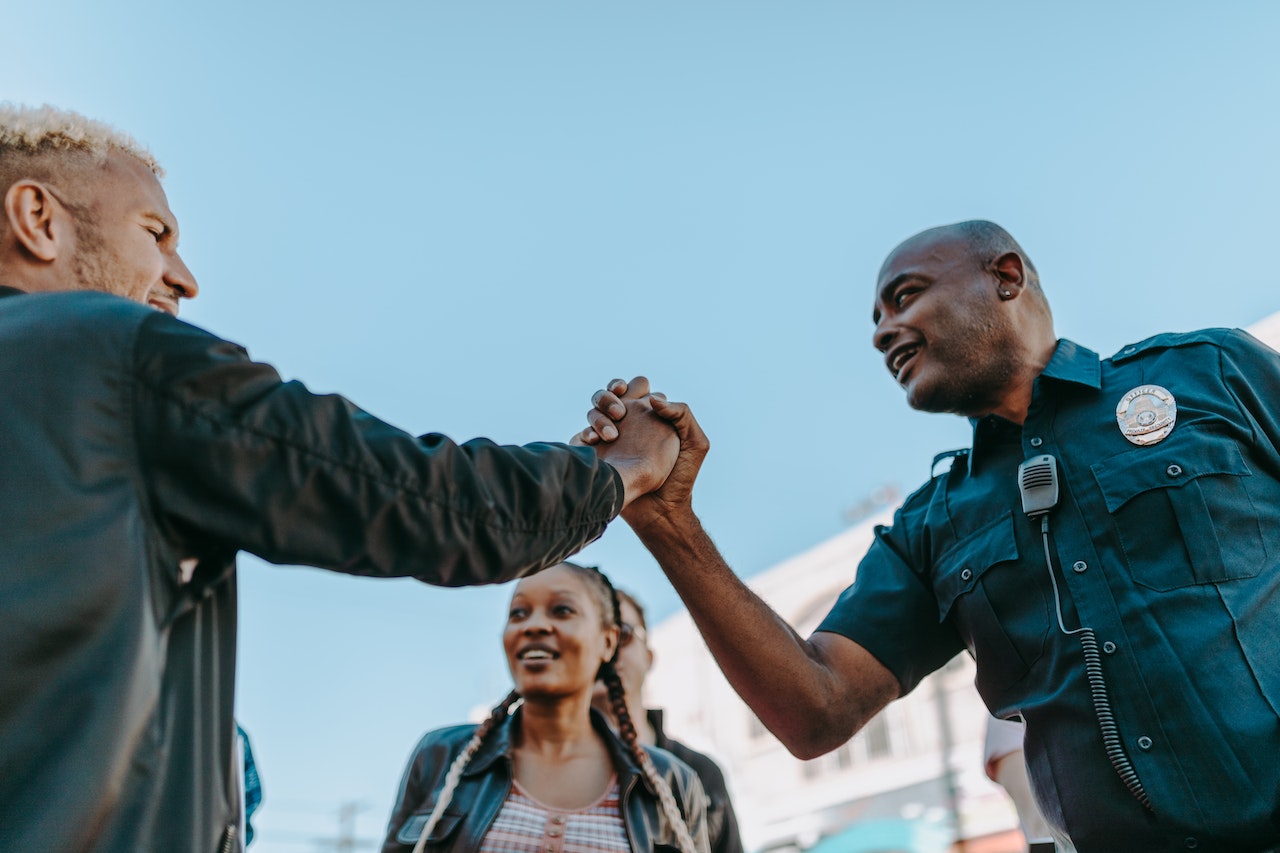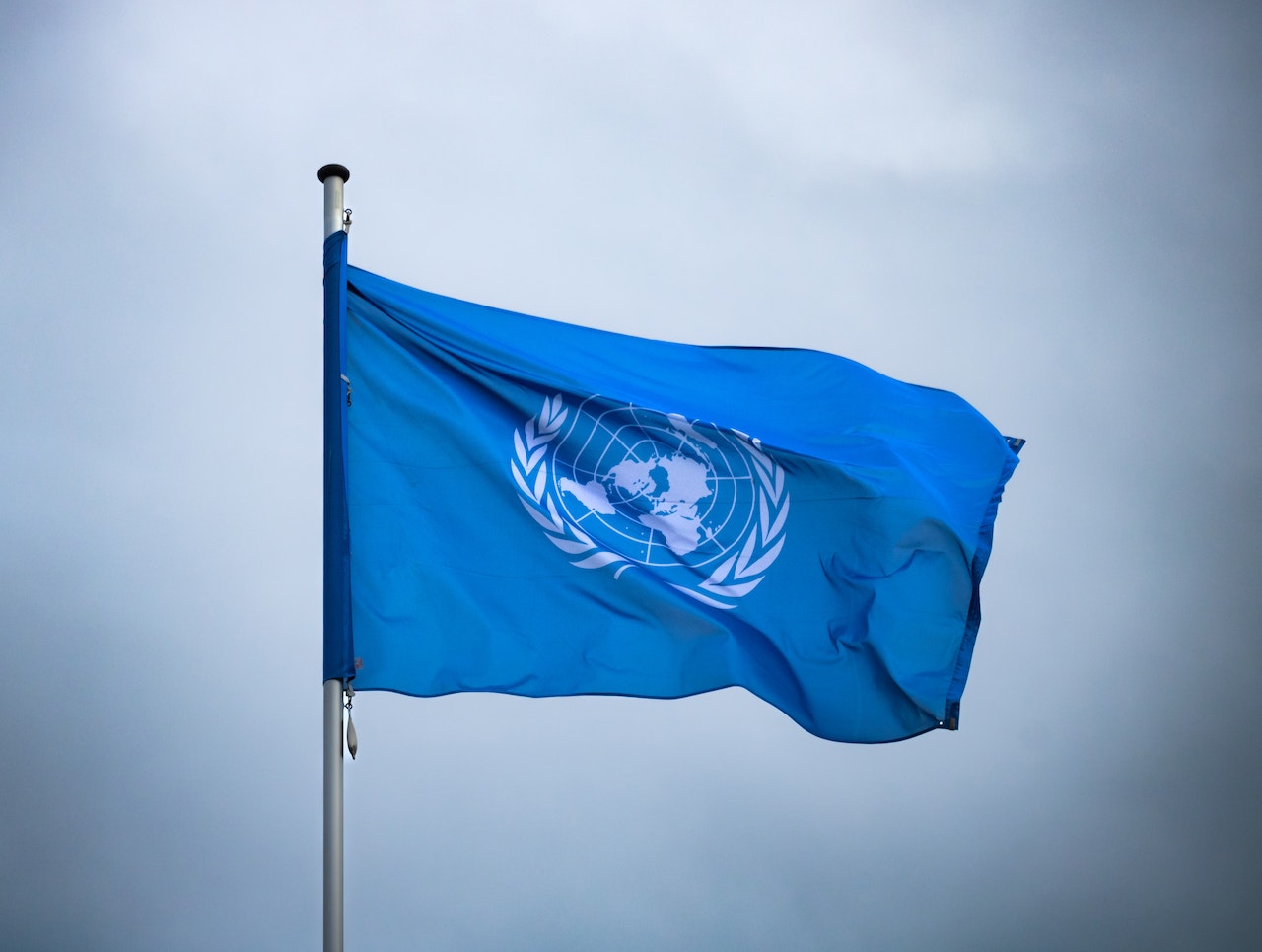
Covid-19 and Fake News: Exponential Rise of Conspiracy Theories and How to Prevent Misinformation
Facebook, Twitter and Youtube are increasingly becoming the primary sources of news and misinformation for people around the globe.
In the context of a crisis like the COVID-19 pandemic, there are some valid reasons to be concerned about how social media is boosting misperceptions.
What Is Fake News?
Fake news are stories that aren't true or invented stories designed to make people believe something false and follow a specific narrative. Social media platforms made it harder to identify the original source of news stories, which can make it difficult to assess their accuracy.

Most trusted sources of general news and information worldwide from 2011 to 2020 | © Statista 2021
Fake news could be deliberate, to convince readers of a certain viewpoint, or it can be the result of an innocent mistake. Either way, they quickly attract a large audience and can become entrenched as an urban myth.
Exponential Rise of Conspiracy Theories in Facebook, Youtube and Twitter
Tech CEOs Mark Zuckerberg, Sundar Pichai and Jack Dorsey are being grilled by American politicians over the proliferation of fake news and misinformation on Facebook, Youtube and Twitter.
The latest hearing is the first since the storming of the US Capitol.
Several politicians believe that was a tipping point for greater regulation.
The tech giants are finding new ways to monitor the content posted by third parties, but this is not enough to prevent misinformation.
In the UK, there was an explosion in conspiracy theories during lockdowns.
British conspiracy theorists commanded massive online followings.
Between 15-22% of Britons believe the main covid-19 conspiracies are true.
Fake news has repeatedly undermined efforts to protect people from the coronavirus pandemic.
Those who mainly get their news or information from social media are more likely to believe falsehoods about Covid-19.
Many people share fake news on social media because they’re simply not paying attention to whether the content is accurate, not necessarily because they can’t differentiate between real from made-up news.
The current design of social media platforms — in which users scroll quickly through a mix of emotionally driven, engaging and serious content, and receive instantaneous quantified social feedback on their sharing via likes, comments and shares — may discourage people from reflecting on accuracy.
Anti-Vaccine Narratives Are Viral In 2021
People sharing harmful anti-vaccine content have grown significantly during the covid-19 pandemic.
Social media accounts promoting false information about vaccines saw a boost in followers in France, India, Canada, USA, Brazil, Ukraine, Kenya and Tanzania.
Vaccine misinformation appears to mainly spread in groups where a range of topics such as health, religion, politics and conspiracy theories are discussed.

Covid-19 Vaccine | © Sarah Tew/CNET
2021 saw a noticeable rise in misleading claims and conspiracy theories about vaccines.
- Pro-vaccine groups have a simple message — vaccines work and save lives.
- Anti-vaccine narratives are numerous: from sowing worries about children’s health to advocating alternative medicines and linking immunisations to conspiracy theories.
Anti-vaccine content is largely driven by individuals promoting traditional medicine.
Groups opposing vaccines are small in size, but their online-communications strategies are worryingly effective and far-reaching.
There is also a political and nationalistic dimension to online debates about vaccination in some countries, which often spark misleading claims about foreign vaccines.
Anti-vaccine movement is undermining scientific efforts to end the covid-19 pandemic.How to Fight Against Fake News and Prevent Misinformation
1. Read a variety of sources
2. Fact check any claim with statistics
3. Don't get your news from social media
4. Avoid politically driven and unbiased content
5. Develop a critical mindset and don't share content that you don't know
6. Check the source and who is reporting the story
7. Don't take images and videos at face value
8. Examine the evidence and check if it sounds right.
Trending
-
1 76 Theses on American Patriotism
Timothy Taylor -
2 A Comprehensive Approach to Handling Riots
Bhumesh Verma -
3 Innovative Approaches to Diplomacy: A Multi-Pronged Strategy for The Phygital Era
Dr. Ingrid Vasiliu-Feltes -
4 Business Chiefs Gather to Discuss India Trade Deal Proposals
Nitish Mathur -
5 Everything You Need to Know About Jordan Bardella
Felix Yim





Comments